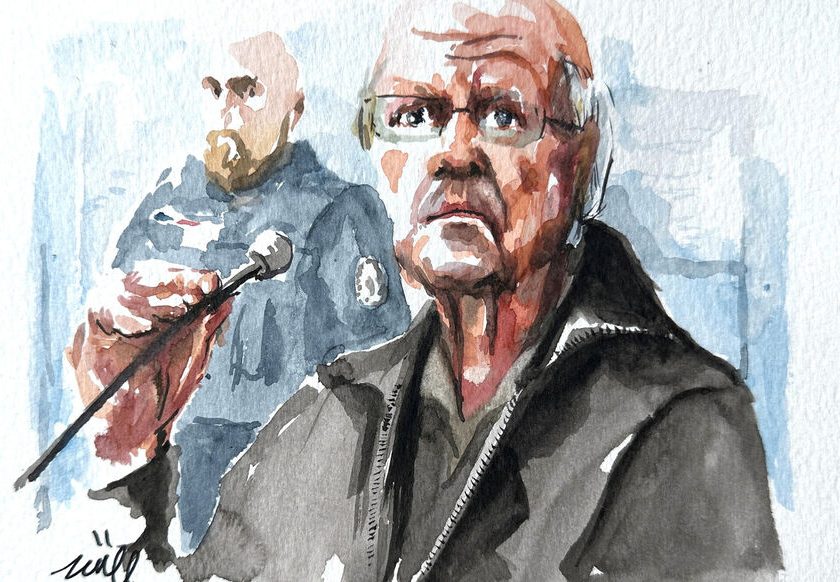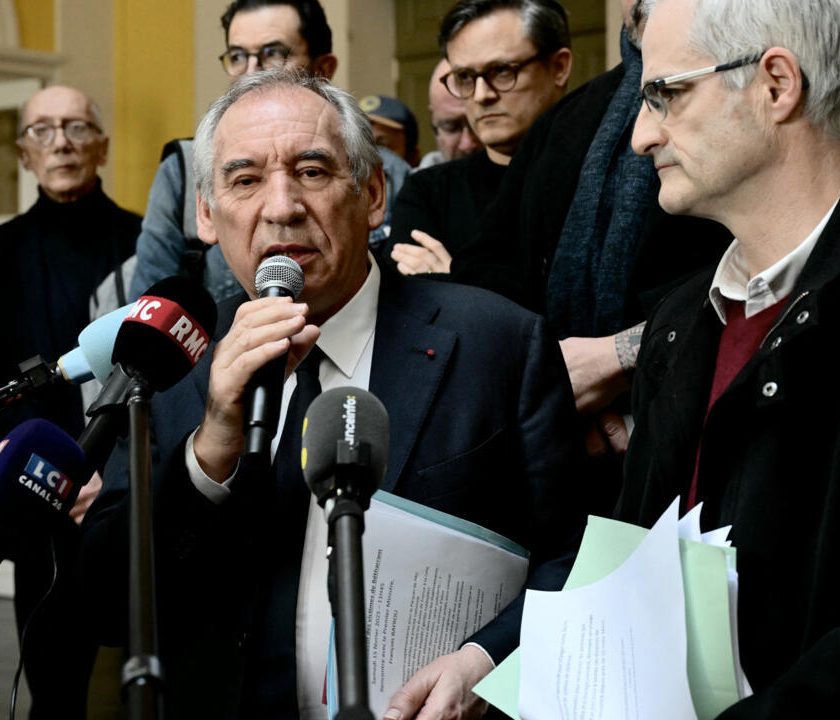BY Ange KAYITESI
As bombs fall and buildings crumble in Gaza, an invisible crisis is growing inside shelters, tents, and ruined homes a surge in gender based violence (GBV), fueled by fear, stress, overcrowding and the breakdown of protection systems.
According to a March 2025 report by UN Women, incidents of GBV in Gaza have increased by over 43% since the war escalated in October 2023. The ongoing blockade, collapsing infrastructure, and limited access to basic services have left women and girls especially vulnerable.
“War doesn’t just kill with bombs it destroys safety,” says Lina Khalil, a social worker with the Palestinian Centre for Human Rights. “When homes and institutions fall, so do the barriers that protect women from abuse?”
In overcrowded shelters, where privacy is almost nonexistent, women face heightened risks of physical and sexual violence. With few safe spaces or functioning legal structures, many suffer in silence.
Testimonies from the Shadows
Maha, a 29-year-old mother of two from Khan Younis, shares her story under anonymity:
“After our house was bombed, we moved into a shelter with five other families. My husband became more violent every day. He lost his job, his dignity — and he took that anger out on me. There was no one I could call. No one could help.”
Humanitarian groups say access to mental health and support services is extremely limited. Only three of the eight GBV support centers in Gaza remain operational, and movement restrictions make it nearly impossible for survivors to reach them.
A UNFPA official, speaking off the record, stated that emergency response funding is prioritizing food and medical aid and GBV support is critically underfunded.
Layla, a 17-year-old displaced from Gaza City, says a relative in a shelter assaulted her:
“I didn’t speak up. If I did, I would be blamed. In war, they say women should just survive, but surviving like this is a different kind of death.”
Numbers Behind the crisis:
43% increase in reported GBV cases since war escalation (UN Women, 2025)
87% of women in Gaza say they do not feel safe in shelters (Palestinian Family Survey, 2024)
Only 3 out of 8 GBV centers operational (UNFPA, March 2025)
Funding gap of 70% for protection services in Gaza (OCHA Humanitarian Needs Overview)
A call for protection
Local and international organizations are urging for immediate inclusion of GBV services in humanitarian aid packages.
“Protection is not optional,” says Dr. Hanan Saeed, a gender protection advisor. “We can’t rebuild Gaza without rebuilding the safety and dignity of its women and girls.”
As the war continues, the scars of GBV often invisible risk lasting long after the fighting stops. Addressing them requires urgent, targeted action before another silent crisis becomes permanent.





